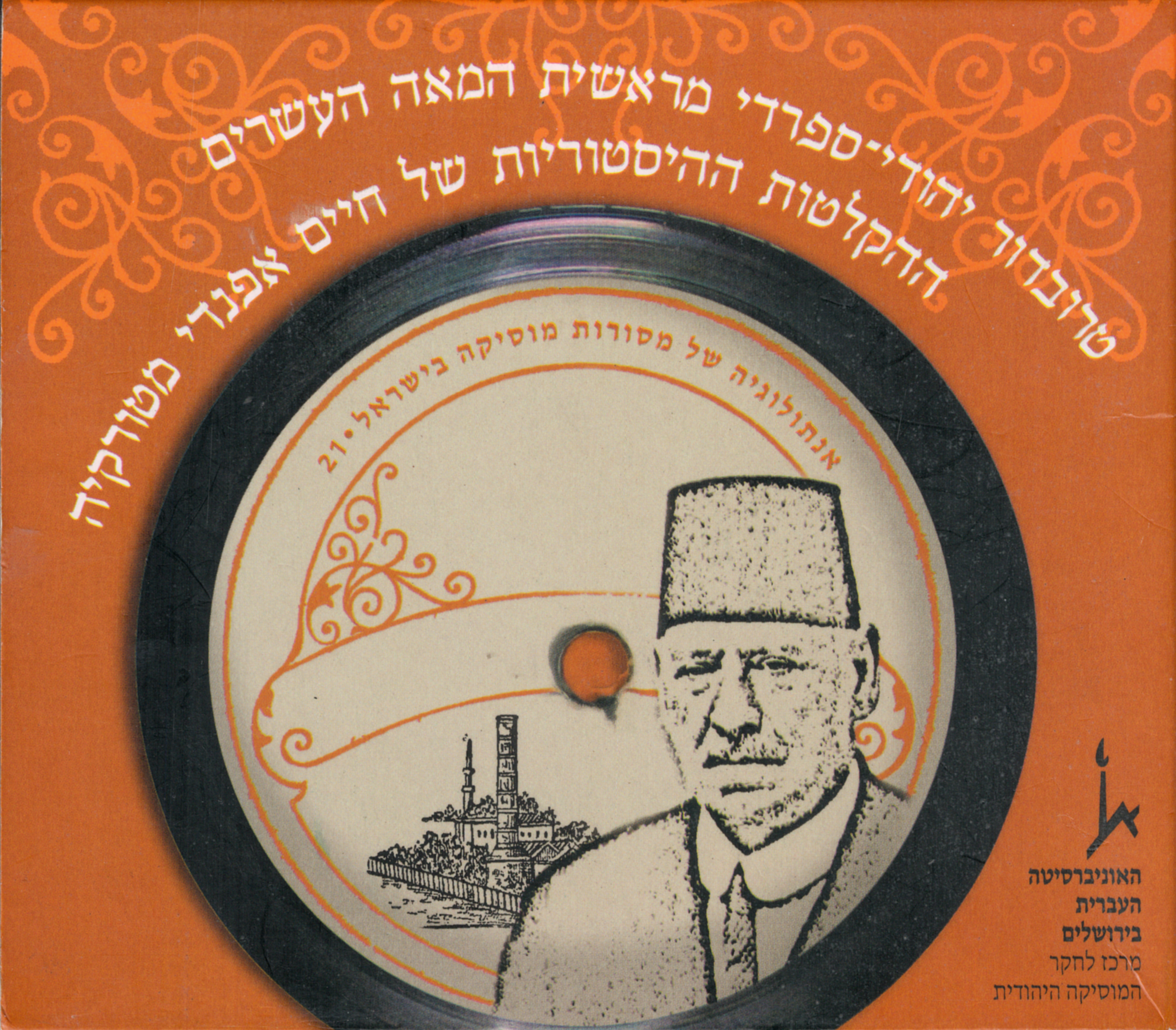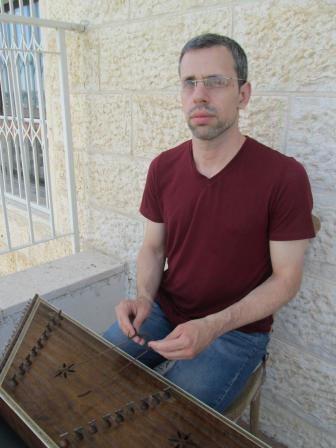חיים אפנדי
ה' שמעתי שמעך
פיוט מסוג רשות, המושר בפי החזן קודם לחזרה על תפילת עמידה בתפילת מוסף בימים הנוראים. הטקסט כתוב בצורת מוּסְתַג'אב, סוגה הדומה למושח, שפיתחו משוררים עבריים בימי הביניים בספרד. השיר נפתח בפסוק המקראי 'ה' שמעתי שמעך יראתי ה' (חבקוק ג,2), המשמש בהמשך כרפרן. הבתים הם בני ארבע שורות שמשקלן אינו קבוע. השורה האחרונה בכל בית לקוחה גם היא מן התנ"ך והיא מסתיימת במילה 'אדני', כמו הרפרן. פיוטים אחרים שהרפרן שלהם הוא פסוק זה מופיעים במחזורים ספרדיים. המוכר ביותר ביניהם, זה שנשמע מפי חיים, מיוחס לדוד בן יעקב (מחזור לימים נוראים, וינה, פוס הראשאנצקיא, תקע"א). את המחבר ניתן לזהות כר' דוד שמואל בן יעקב פארדו (1790-1918). חיים אפנדי שר את הבית הפותח של הפיוט פעמיים (בשינויים קלים). ההקלטה מסתיימת בבית הראשון של 'אם אפס רובע הקן' בלאדינו, המושר לאותו לחן (ראו תקליטור 1, מס' 12).






